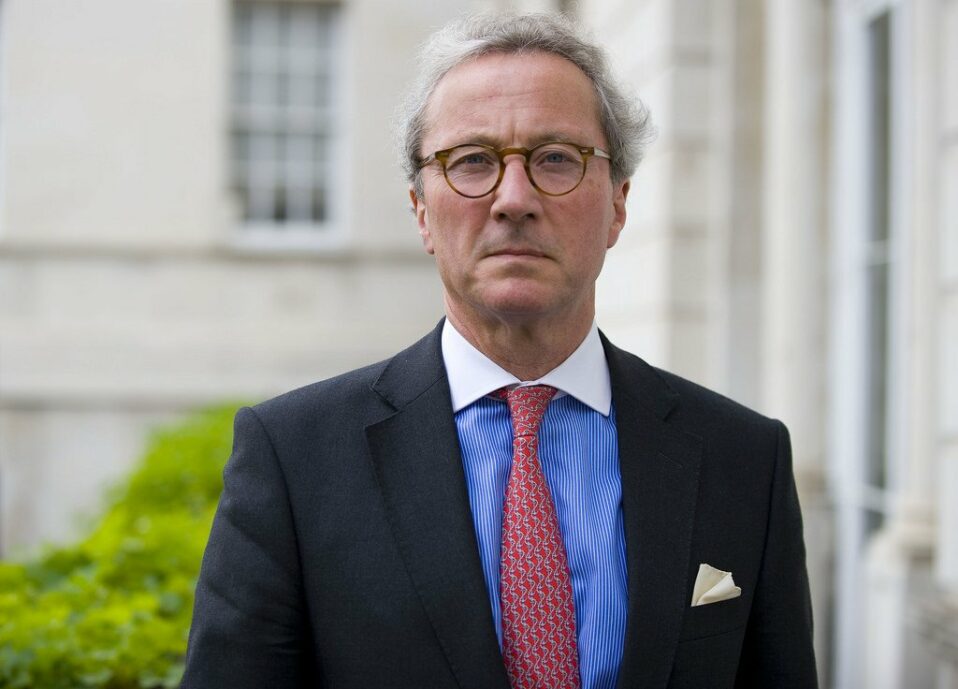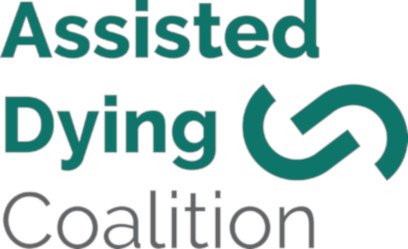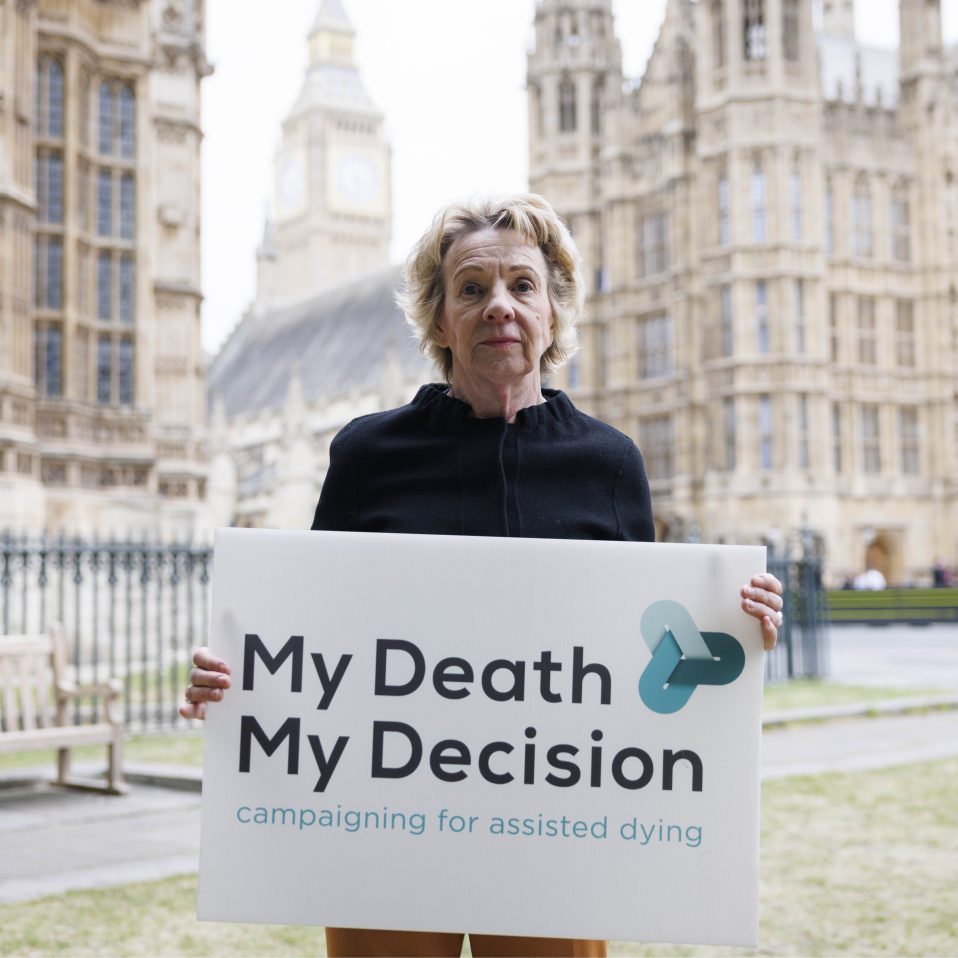Today, in an oral question relating to the Crown Prosecution Service’s (CPS) Policy for Prosecutors in Respect of Cases of Encouraging or Assisting Suicide, several members of the House of Lords, asked Lord Keen about the law prohibiting on assisted dying. Below is a transcript of the questions.
Assisted dying is legal in Belgium, Canada, Colombia , The Netherlands, Luxembourg, Switzerland and seven US states. Last week, new figures released by the UK Assisted Dying Coalition, which includes My Death, My Decision, found that more than one person a week now travel to Switzerland, each week, to end their life. Individuals such as Geoff Whaley, an 80 year motor neurone disease suffer, who traveled to Switzerland last week to end his life only last week.
Under Section 2(1) of the Suicide Act, any action to help another person to end their life is illegal, and those convicted face up to 14 years in prison. In 2015, parliament rejected by 330 against to 118 in favour, Rob Marris’ private members bill to legalise assistance for those who were terminally ill and likely to die within 6 months.
Responding to a question from Baroness Blackstone. Lord Keen said:
“The CPS policy on assisted suicide provides guidance for prosecutors on assessing the evidential and public interest stages, in reaching decisions on cases of encouraging or assisting suicide. The policy sets out the factors, which must be applied in reaching decision in these cases, and balances the various important factors which need to be considered. There are no plans on reassess the CPS policy in such cases.”
In response, Baroness Blackstone asked: “Does the Minister really think, it is a good use of police time to interview, under caution, the wife of a dying man who wishes to choose how he dies? In light of the Whaley story, and the treating of families like criminals, does the Minister think that the law is working well?”
He replied: “It is for the CPS to apply the law, not make the law. Every case must turn on its own facts and circumstances, where matters are drawn to the attention of the police of matters relating an assisted suicide or potential assisted suicide, they will investigate. They are bound to investigate what is potentially criminal conduct in terms of Section 2 of the Suicide Act. I see no reason why they should pause those investigations given the current state of the law.”
Also asking Lord Keen about the law relating to assisted dying, Lord Pannick, who recently acted in Noel Conway’s legal case to change the law for those suffering from a terminal condition, said: “Does the Minister recall that the CPS policy was adopted after the Debby Purdy case in 2009, because of the uncertainty of the law. Does the Minister accept that there continues to be very considerable uncertainty in this area, which is causing enormous distress to those at the end of their lives and their families?”
He was told: “A consultation was prompted by a decision of the courts, that led to a consultation exercise in September 2009 to which there were more than 5000 responses, and resulted in the publication of the CPS policy document in 2010. I consider that that policy is working well at the present time.”
Next, Lord Sherbourne of Didsbury asked: Does the Minister understand that for people with a terminal illness, with no hope of recovery that are suffering great distress, that for these people the current law, which prevents them from being able to end their own life in dignity, is condemning them to great and unnecessary suffering?
He was told: Of course we are conscious of the difficulties and challenges facing people, in the situation outlined, but again I emphasise it is for the CPS to apply the law not make the law. In doing they they follow a policy that not only addresses an evidential test but also a public interest. The consequence is that in the 140 cases referred in the last 9 years, there were prosecutions in respect of section 2 of the Suicide Act in only 4 of those cases, resulting in 1 acquittal and 3 convictions.
Lord Low if Dalston, then asked: The police are only enforcing the law, so it is really the law which is the problem, rather than the police. When will the government bring in a new law to free the police from having to treat loving families like criminals?
He was told: It is not a case of having to treat loving families like criminals, it is a matter of having to look at the facts and circumstances of every case, in which the victim may be extremely vulnerable. It is therefore, as the government has said before, a matter for Parliament because it is a matter of conscience, and it is not a matter for government to bring forward such legislation. Lord Low will be aware that such legislation was proposed in 2015 and did not succeed.
Baroness Barker, then asked: Given the statistics just quoted is that not in itself, an indication that the law is not working? She was told: No I do not think so. I say only in a small minority of cases has there been a successful prosecution. I should also add however, that there have been a number of instances, in which the case which was taken forward involved prosecution for homicide not assisted suicide.
Following this, Baroness Meacher said: Indeed, Geoff Whaley did die from a dignified death in Switzerland last Wednesday, but most people can’t afford to take their families to Switzerland for such a death, or they can’t get the medical report from their doctor to have such a civilized death. Does the Minister agree that in a civilized society, someone in Geoff Whaley’s position, should be able to avoid months of being unable to swallow, to eat, to drink, to speak, or move and totally therefore cut off from communication. Will the Minister discuss with his colleges what can be done to change the law?
Lord Keen replied: It is not the intention of the government to seek to change the law in this area. I emphasise that every case needs to be considered according to its own particular facts and circumstances. I readily acknowledge that many of these cases are tragic.
Finally Baroness Chakrabarti asked:
Whatever the conflicting views, and there are many, on public and prosecutorial policy in this area, I think we can all agree that the current situation does present loved ones with Motor Neuron Diease and similar conditions at the end of their lives, with an emotional, ethical and legal mindfield. Is the Minister confident that these people, at a very difficult time, are getting the advice and support that they need to navigate that?
She was told: I’m not in a position to say where such people seek advice on these matters, but such advice is available. The policy of the CPS with regards to this matter is publicly available.







Recent Comments